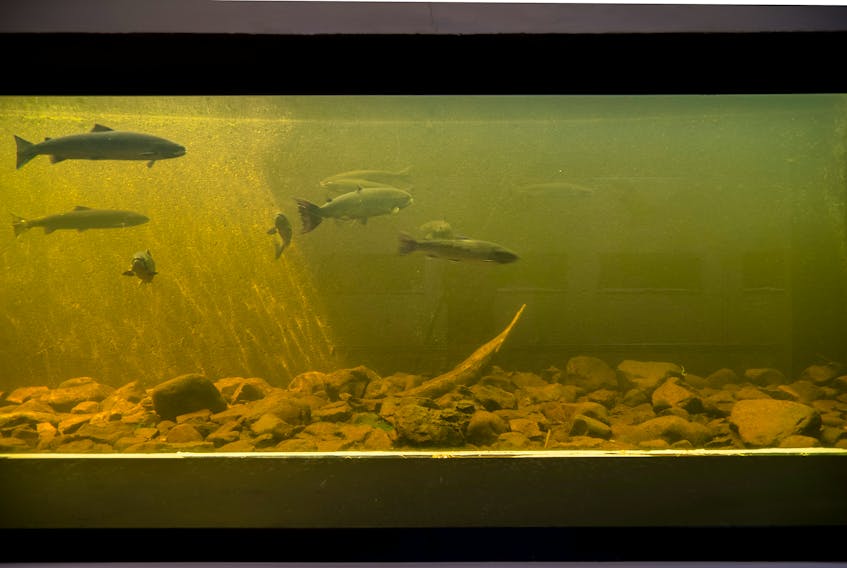I would like to take a moment to respond to the false statements, and misguided views, that were presented in Robert Sheppard’s most recent letter to the editor on April 17 entitled “Catch and release: inflicting pain for pleasure and money.”
Sheppard’s statements are little more than erroneous propaganda intended to discredit a time-honoured tradition and effective conservation measure. A recent poll, taken on a popular media station, shows that 73 per cent of people support catch and release as an appropriate measure in response to the lower returns in the province’s rivers.
While this poll may not be an official statistic, it most certainly reflects the view of the majority, and the support for the catch-and-release fishery in Newfoundland and Labrador.
The Department of Fisheries and Oceans states in its own research that: “Under the right conditions, hook-and-release angling can be an effective conservation and management tool for Atlantic Salmon. In particular, angling mortalities are generally low at temperatures less than 200C.”
When executed properly, catch and release does not result in a mortality. Yet, Sheppard provides a grim comparison of the catch-and-release fishery, to that of a dog on a 60-foot leash, being hooked with a milk bone. He uses this comparison to illustrate the falsehood that fish feel pain like ordinary domesticated animals. However, a study completed by the Berlin Research Association states that: “Fish do not feel pain the way humans do, according to a team of neurobiologists, behavioral ecologists and fishery scientists. The researchers conclude that fish do not have the neuro- physiological capacity for a conscious awareness of pain.”
In other words, fish do not have the higher brain function necessary to interpret or process pain stimuli from these so called “pain receptors” that Sheppard discusses as irrefutable evidence, from unnamed “leading scientific institutes.”
Sheppard continuously suggests collusion between the Atlantic Salmon Federation (ASF) and the Department of Fisheries and Oceans (DFO) with no evidence, in what reads as nothing more than a ludicrous, far-reaching, conspiracy theory.
I would also address his paranoid delusions of conspiracy between the president of the ASF, Bill Taylor, and the federal minister of Fisheries and Oceans, Dominic LeBlanc, however his comments are nothing more than idle gossip lacking substance of any sort.
Contrary to what Sheppard would have the public believe, the Atlantic Salmon Federation is relentless in its conservation efforts and continually works to educate anglers on the proper techniques of a live catch and release.
In addition to their education of the public, the ASF
continually invests financial resources into conservation efforts. How much have organizations like CORA invested towards salmon conservation?
I believe the amount is negligible.
Groups such as the ASF, SAEN (Salmonid Association of Eastern Newfoundland), and SPAWN (The Salmon Preservation Association for the Waters of Newfoundland) work tirelessly to support conservation efforts and maintain a stable recreational fishery that includes catch and release. Support for a retention fishery, as well as catch and release, would be based on recommendations made by DFO.
Sheppard quite clearly stated that he believes the catch-and-release fishery is cruel and unethical. In his conclusion, he asks “Are these the ethics we want to leave as a legacy to our grandchildren?” and my response is absolutely not.
I wish to leave my grandchildren with a legacy of respect for the Atlantic salmon here in N.L., and a sense of obligation to treat them properly. All of which can be accomplished without abolishing the catch-and-release fishery entirely.
Chris Kelly
Conception Bay South









